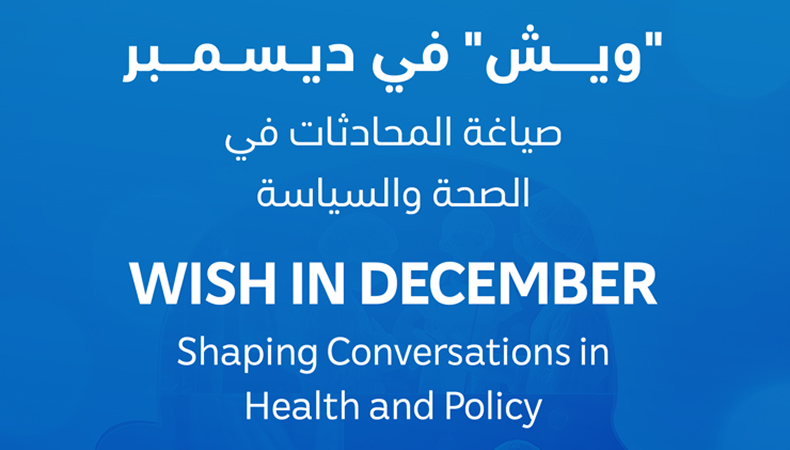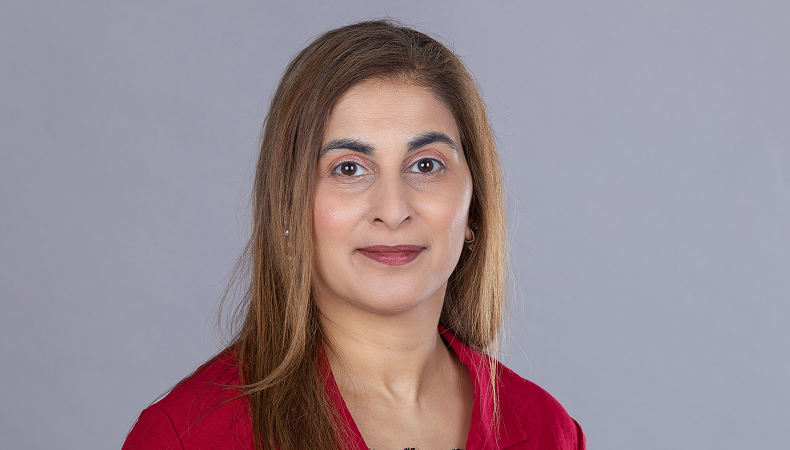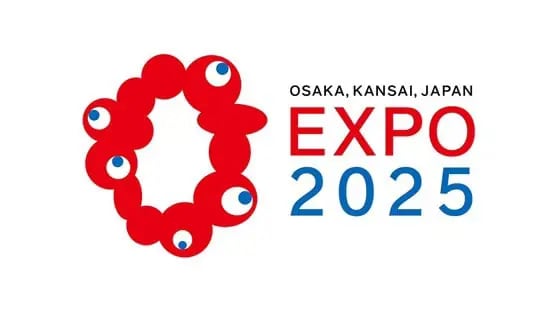Healing After War: WISH CEO to Open CVD Session at World Heart Summit

In war, we count the dead. But rarely do we count the hearts that keep breaking long after the guns fall silent.
Beyond the images of destruction and the statistics of trauma lies an underappreciated truth: war is a major risk factor for heart disease. The toll is physical, psychological, systemic. Conflict triggers a silent surge in hypertension, heart attacks, and strokes—especially among those who survive, displaced and disconnected from the care they once had.
Recognising this crisis, the 10th World Heart Summit, convened by the World Heart Federation in Geneva, is dedicating a special session titled “CVD in the Aftermath of War & Conflicts”, taking place on Sunday, 18 May 2025, from 11:15 to 12:00 CEST.
Dr. Slim Slama, CEO of the World Innovation Summit for Health (WISH), has been invited to deliver a 10-minute pacesetter lecture to open the session and shape the ensuing dialogue.
A seasoned global health practitioner, physician, and advocate for health equity, Dr. Slama has worked across conflict-affected regions where health systems are routinely fractured—and where the burden of noncommunicable diseases (NCDs), including cardiovascular disease (CVD), is steadily rising in the shadows of crisis.
“In war, we account for bullets and blood—but we rarely account for broken hearts,” Dr. Slama reflects. “Not just the emotional trauma, but the literal explosion of cardiovascular disease driven by toxic stress, disrupted treatment, dislocation, and despair. If we’re serious about recovery, then heart health must be part of the peace agenda.”
A Global Platform with a Deep Legacy in Conflict and Health
Dr. Slama’s presence at the summit reinforces WISH’s enduring commitment to confronting the toughest realities in global health—not least, the deliberate attacks on health systems in conflict zones.
At the 7th edition of WISH in Doha (November 2024), WISH co-launched with WHO a landmark report on “Attacks on Health in Armed Conflict”, documenting not only the scale of violence but also the moral and legal failure of the international community to protect caregivers, facilities, and patients.
This work builds on the broader vision of Qatar Foundation, whose founder, Her Highness Sheikha Moza bint Nasser, has long championed the cause of protecting both education and health in times of war. Her leadership, including advocacy through global platforms like “Education Above All,” has elevated this agenda from humanitarian plea to global responsibility.
WISH’s engagement in the upcoming session at the World Heart Summit is both a continuation and a call—to reframe cardiovascular care not as a peacetime luxury but as a wartime necessity.
“Rebuilding hospitals and training doctors is vital—but so is restoring the quiet continuity of chronic care,” said Dr. Slama. “If we ignore the cardiovascular crisis created by conflict, we leave people to survive war only to succumb to its long tail.”
As WISH continues to bring together health policymakers, humanitarian actors, and medical experts, this collaboration with the World Heart Federation reflects a shared urgency: to connect the dots between health security, peacebuilding, and chronic disease resilience.
Because healing after war isn’t just about reconstruction—it’s about reconnection. Especially to care. Especially to heart health.
More News

WISH Participates in Expert Dialogues on Health, Policy, and Well-Being in December
Read More
We are pleased to announce the appointment of Dr Taskeen Khan as the new Director of Research and Content at WISH – Qatar Foundation.
Read More
WISH Brings Global Leaders Together at Osaka Expo to Tackle Attacks on Health in Armed Conflict
Read More